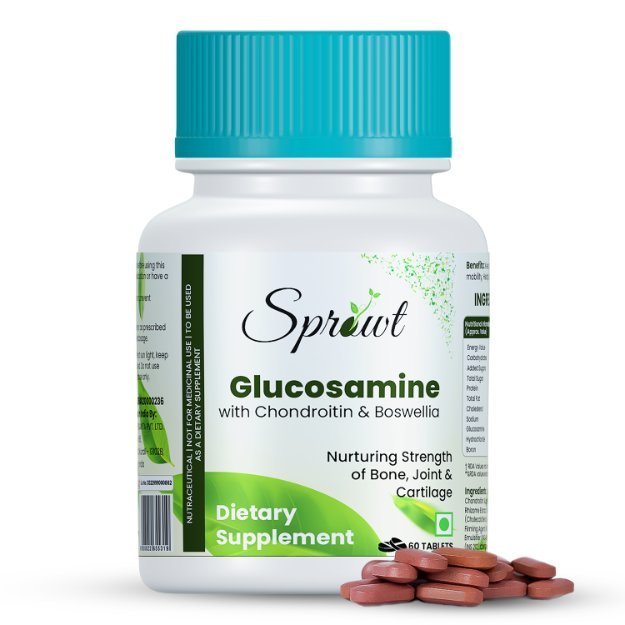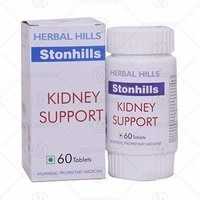Amikop 250 Injection is a commercial drug that is prescribed in the form of Injection. Urinary Tract Infection are some of its major therapeutic uses. Amikop 250 Injection also has some secondary and off-label uses. These are listed below.
Medical history of the patient along with age and gender determines the dosage of Amikop 250 Injection. Individual symptoms and route of administration also determines the right dosage. This information has been provided in detail in the dosage section.
Besides the aforementioned side effects, there are other adverse effects of Amikop 250 Injection as well, which are listed below. These side effects of Amikop 250 Injection are usually temporary and subside with the completion of treatment. However, if these continue for a longer time, consult your doctor right away.
It is also important to note that Amikop 250 Injection has a Severe effect for pregnant women and Unknown effect on lactating mothers. In addition, Amikop 250 Injection's effects on the liver, heart and kidney are discussed below in the Amikop 250 Injection related warnings section.
Amikop 250 Injection is not recommended if you suffer from certain medical conditions as it can have adverse effects. Dehydration, Parkinson's Disease, Hearing Loss are examples of such conditions. The section on Amikop 250 Injection contraindications lists all such conditions.
Drug reaction of Amikop 250 Injection with other medicines has been reported. See below for a complete list.
In addition to the above precautions for Amikop 250 Injection, it is important to know that it is safe while driving, and is habit-forming.
X
























